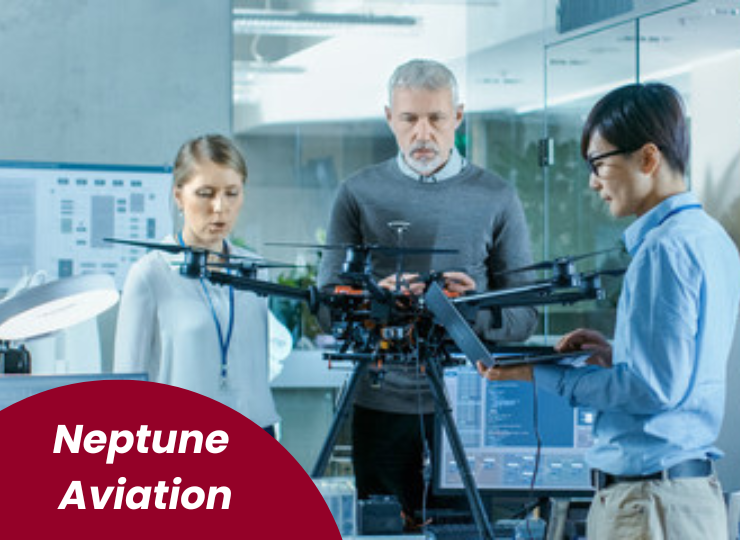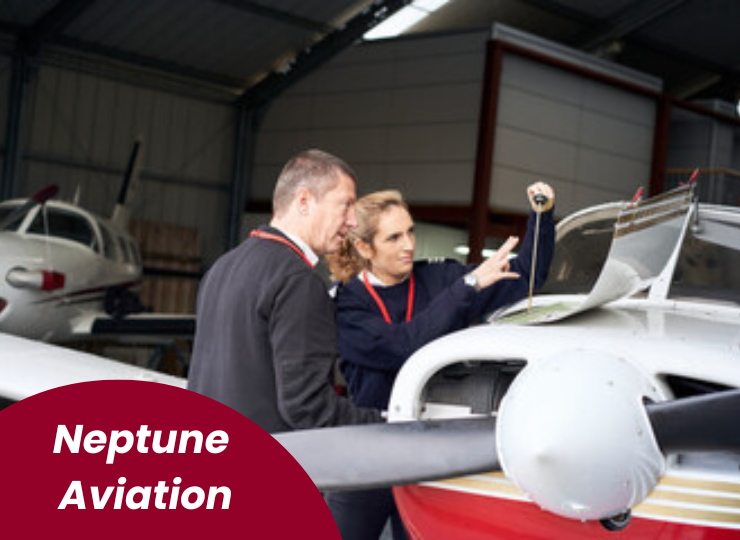Introduction
In the fast-paced and ever-evolving industries of aviation and hospitality, success requires more than just technical know-how; it demands a comprehensive understanding of customer service, operational management, and industry trends. A diploma in aviation and hospitality equips aspiring professionals with the skills and knowledge necessary to excel in these dynamic fields. From navigating the skies to orchestrating seamless guest experiences, this comprehensive program opens doors to a world of opportunities.
Understanding the Landscape:
The aviation and hospitality industries are pillars of the global economy, catering to the needs of millions of travelers and guests every day. In aviation, the demand for skilled professionals continues to rise as air travel becomes more accessible and convenient. From pilots and air traffic controllers to aircraft maintenance technicians and aviation managers, there’s a diverse range of career paths to explore within this field.
On the other hand, the hospitality industry thrives on providing exceptional service and unforgettable experiences to guests. Whether it’s luxury hotels, fine dining restaurants, or event management companies, the demand for skilled hospitality professionals remains constant. From hotel managers and concierge staff to event planners and food and beverage managers, the opportunities in this industry are vast and varied.
The Diploma Program:
A diploma in aviation and hospitality is designed to provide students with a comprehensive understanding of both industries, combining theoretical knowledge with practical skills. This interdisciplinary approach equips graduates with the versatility and adaptability required to succeed in diverse roles within the aviation and hospitality sectors.
Curriculum Overview:
The curriculum of a diploma program in aviation and hospitality typically covers a wide range of subjects, including:
- Aviation Fundamentals: Students gain an understanding of aerodynamics, aircraft systems, navigation, and aviation regulations. They also learn about safety protocols, emergency procedures, and aviation technology.
- Hospitality Management: Courses focus on topics such as guest relations, front office operations, food and beverage management, event planning, and hospitality marketing. Students also learn about industry trends, sustainability practices, and customer service excellence.
- Operational Management: Students develop skills in operational planning, resource management, budgeting, and logistics. They learn how to oversee day-to-day operations and optimize efficiency in both aviation and hospitality settings.
- Communication and Interpersonal Skills: Emphasis is placed on developing strong communication skills, teamwork abilities, and leadership qualities. Students learn how to interact effectively with customers, colleagues, and stakeholders, fostering positive relationships and enhancing the overall guest experience.
- Industry Internships: Many diploma programs include internship opportunities where students can gain hands-on experience in real-world aviation and hospitality environments. These internships provide valuable insights into industry practices and help students build professional networks.
Career Opportunities:
Upon completion of a diploma in aviation and hospitality, graduates are well-prepared to pursue exciting and rewarding careers in a variety of roles. Some potential career paths include:
- Airline Operations Manager: Responsible for overseeing the day-to-day operations of an airline, including scheduling flights, managing staff, and ensuring compliance with safety regulations.
- Hotel Manager: Oversees all aspects of hotel operations, including guest services, housekeeping, food and beverage, and revenue management. Ensures that guests have a positive experience and that the hotel operates efficiently.
- Flight Attendant: Provides safety demonstrations, serves food and beverages, and attends to the needs of passengers during flights. Ensures passenger comfort and safety while adhering to airline policies and procedures.
- Event Planner: Coordinates and executes events such as conferences, weddings, and corporate functions. Responsible for managing budgets, coordinating vendors, and ensuring that events run smoothly from start to finish.
- Airport Operations Specialist: Manages airport facilities and services, including terminal operations, ground transportation, and passenger amenities. Ensures that airport operations comply with regulatory requirements and meet the needs of travelers.
Conclusion
A diploma in aviation and hospitality opens doors to a world of exciting career opportunities in two of the most dynamic industries. Whether you dream of flying high in the skies or creating unforgettable experiences for guests on the ground, this comprehensive program provides the knowledge, skills, and experience needed to succeed. With a strong foundation in aviation fundamentals, hospitality management, and operational excellence, graduates are well-equipped to thrive in a variety of roles and make a positive impact in the global aviation and hospitality sectors.










Phasellus ac consequat turpis, sit amet fermentum nulla. Donec dignissim augue nunc. Praesent bibendum erat ac lectus molestie lobortis.